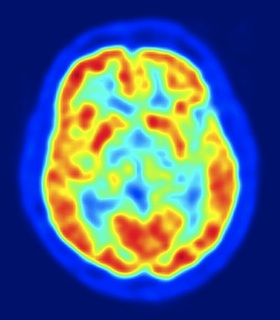TOK When is Science no use?
The limits of the scientific method.

This activity looks at the limits of the scientific method in different types of knowledge.
Can Science help you to know if you are in love?
How do doctors decide when a patient is dead?
Description
Aim:
Activity 1: Brain Death - when there is conflicting evidence.
This is a true story. Here is a ![]() Brain death worksheet to use with this discussion.
Brain death worksheet to use with this discussion.
Read the story and think about the different points of view; that of the parents as well as the medical institution.
Answer the questions in the spaces provided on the worksheet
Activity 2: 'Pseudoscience' - when collecting evidence is not possible
In this activity you will explore a range of examples of information presented as science but which cannot be falsifiable using experiments. Which of these examples can be considered as Scientific knowledge and which are pseudoscience? How can we tell the difference?
Description: Teachers notes about how to use the activity.
Activity 1: Brain Death
It can be used to focus the students' attention on how we know what death is, particularly brain death. The story can be naratted factually and then in a class discussion, students look at the different points of view; the parents as well as the medical institution.
The course companion, page 497, gives additional support for students to discuss this situation.
Activity 2: 'Pseudoscience'
This activity is in preparation
Plenary / General Points
- Science is never 100% certain.
- Vague untestable hypotheses cannot be called science
- Some scientific theories have not yet been fully tested

 IB Docs (2) Team
IB Docs (2) Team
